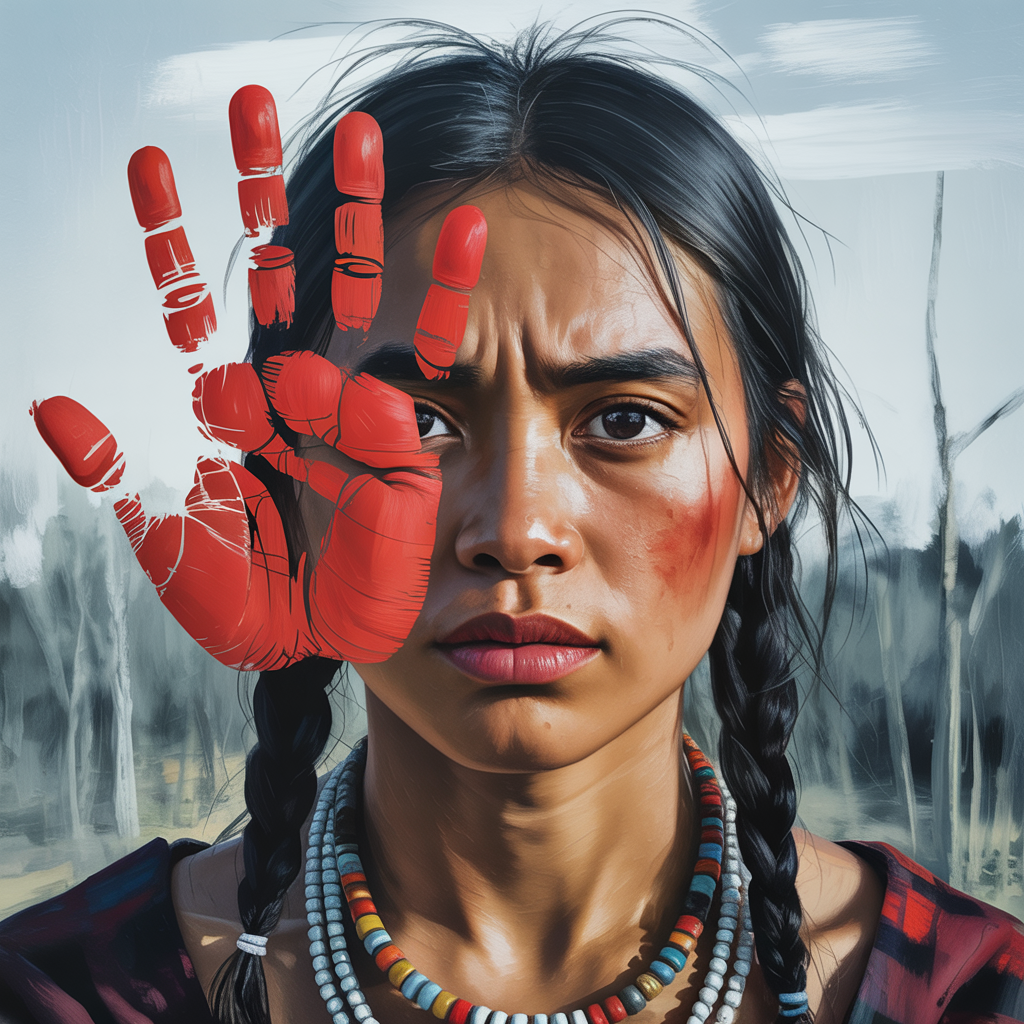The calls for justice are getting louder, and this time they’re reaching Geneva. The United Nations Special Rapporteur on the Rights of Indigenous Peoples is being urged to launch a full-scale investigation into the systemic violence, exploitation, and mistreatment of Indigenous women and girls across Canada.
That call comes from international human rights attorney J.R. Howell, a U.S.-based lawyer who has taken up the cause of families and defenders who have been stonewalled, harassed, and ignored in their fight for justice. His formal complaint to the U.N. doesn’t pull punches—it lays out a damning record of state-sponsored racism, gender-based violence, child separation, and cultural genocide.
Howell points to one of the most egregious failures of Canadian law enforcement: the refusal to search a landfill where a serial killer dumped the remains of four Indigenous women—Ashlee Shingoose, Morgan Harris, Marcedes Myran, and Rebecca Contois. That refusal has become a national shame, one that echoes the unsolved tragedy of Tanya Nepinak, whose body has remained in a landfill for over a decade.
“Indigenous women and girls are still being trafficked, abused, and murdered—with impunity,” Howell said. His words cut to the heart of an ugly truth—Canada’s domestic systems have not just failed these communities; they’ve actively abandoned them.
The complaint highlights staggering rates of murder, abduction, and trafficking among Indigenous women and girls, all while Canadian authorities fall short—or simply look away. Howell goes further, exposing how biased child welfare systems and covert relocation strategies have kept Indigenous families broken, stripping them of their human rights in direct violation of international law, including the U.N. Declaration on the Rights of Indigenous Peoples.
Canada has had reports, inquiries, and commissions on Missing and Murdered Indigenous Women and Girls (MMIWG). What it hasn’t had is meaningful accountability. Howell’s filing calls for three clear steps:
- An urgent U.N. investigation into systemic abuses,
- Listening sessions with victims and families in First Nations territories, and
- International oversight to track and expose ongoing violations.
For Howell, who has practiced law in the U.S., Canada, and Europe, this isn’t just litigation—it’s a mission. He’s currently producing a documentary to amplify the voices of survivors and families, ensuring their stories are heard far beyond the boundaries of Canada’s courts and Parliament.
This moment is about more than international scrutiny—it’s about finally forcing a reckoning. Because when a country fails to search for its dead, when families are silenced instead of supported, and when women go missing without consequence, the issue isn’t just a Canadian problem. It’s a human problem.
And now, the world is watching.





Leave a Reply